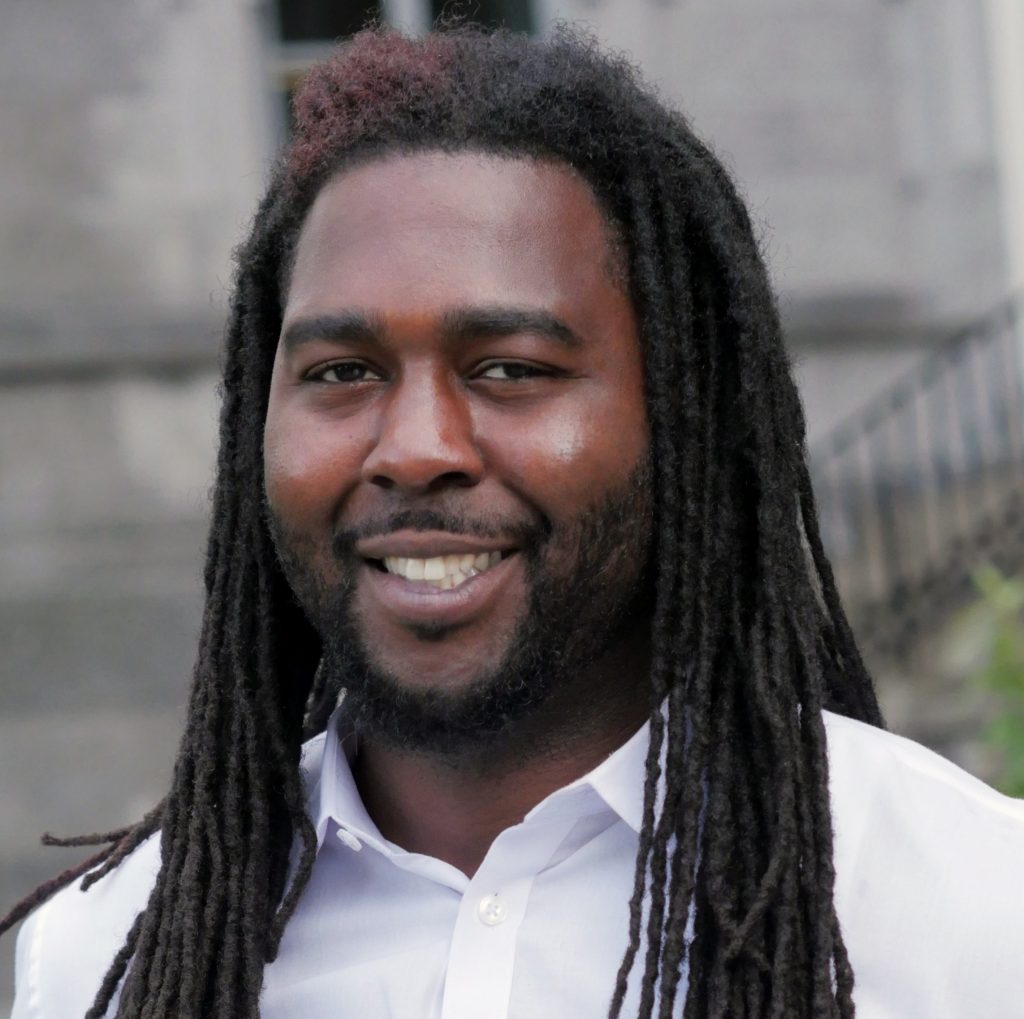Resistance Training May Improve Nerve Health, Slow Aging Process
Simple resistance training may help counteract age-related nerve deterioration that puts seniors at risk of injuries from falls and other accidents, according to cross-institutional research led by postdoctoral researcher JoCarol Shields and Department of Exercise Science Professor Jason DeFreitas. The…


